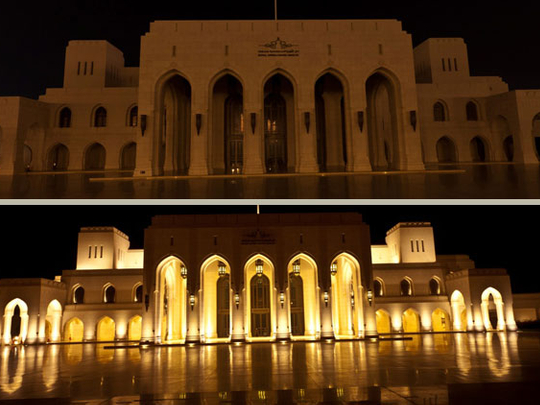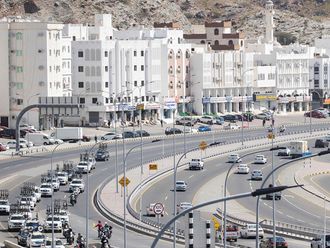
Muscat About 53,430 KW of electricity was saved when residents in Oman switched off their lights during the Earth Hour on Saturday, according to the Environment Society of Oman (ESO) press release Monday.
“The amount of power saved was nearly treble than that saved a year ago as more individuals, schools, companies, institutions and government bodies committed themselves to conserving electricity and protecting the environment of Oman,” said the statement issued by ESO.
Some of Muscat’s most iconic and well known buildings turned off all of their non essential lights at 8.30am on Saturday including the Grand Mosque and the Royal Opera House and the headquarters buildings of many corporate organisations including Bank Muscat and Omantel.
The ESO claimed that in total the amount of electricity saved was the equivalent of supplying sufficient power for an area three times the size of the Al Khuwair area or providing power for nearly 700 homes for one hour.
Savings objective
“We are delighted to have more than exceeded our savings objective for 2012,” said Lamees Dar, Executive Director at ESO.
She added that the EDO was now encouraging everyone across the nation to use this as a starting point for smarter and more effective use and conservation of both power and water in the future.
“In a long-term campaign, pointed out Bassma Rasasi , ESO General Manager, “simply turning the lights off in rooms, keeping air conditioning thermostat at 23 or switching off electrical appliances can make a huge difference if everyone does this every day.”
Water consumption
“Reducing water consumption by not letting taps run, checking leaking taps and pipes will also have a big impact on water and electricity consumption,” she added.
Earth Hour was first launched in Sydney in 2007 when 2.2 million residents turned off non essential lights and, now driven by the World Wildlife Fund for Nature (WWF), the event has been taken up by countries all over the world.
The global objective of the campaign is to work towards reducing carbon dioxide emissions by 80 per cent to reduce the temperature of the earth by two degrees Celsius.












